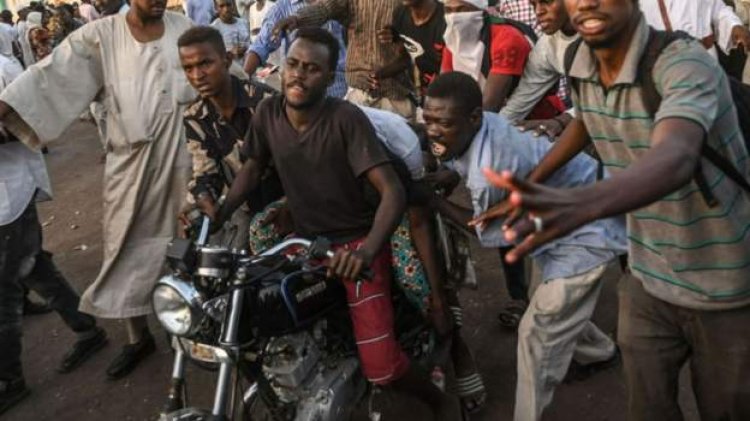Sudan prohibits motorbike passengers in order to reduce gang violence.
Commentators point out that the police are reluctant to deal with criminals, in contrast to the security forces' eagerness in suppressing pro-democracy demonstrations.

Motorcycles in Sudan's capital, Khartoum, and its environs would no longer be permitted to transport people, to reduce the number of armed robberies conducted by bikers.
The order was issued by the acting governor of Khartoum state, and it allows police to stop bikes that are breaking the passenger restriction.
First-time offenders might face a two-month prison sentence or a fine of 100,000 Sudanese pounds ($225, £175), or both.
Repeat offenders might face up to four months in jail and a fine of $1,120, while third-time offenders could face a year in prison and their motorcycles being seized.
The new regulations are intended to combat what has become known as the "long nines" phenomenon, which refers to motorcycles with many armed men on board.
They frequently work in gangs and are suspected of being behind a recent wave of crime that has worsened after last October's coup.
Some believe the gangs are part of a junta attempt to persuade citizens to halt anti-coup protests amid commentators who point out that the police are reluctant to deal with criminals, in contrast to the security forces' eagerness in suppressing pro-democracy demonstrations.
However, interim governor Ahmed Osman Hamza informed the Sudanese news agency (Suna) that the violence was caused by "high population density, a terrible economic position, and displacement."
Passenger prohibition is unlikely to be popular with the many Sudanese who have resorted to motorbikes because they are more affordable.
Many people rely on them for transportation and survival, and they've been used as impromptu ambulances to take injured anti-coup demonstrators to hospitals for treatment in recent months.
Though most agree that more has to be done to combat gangs, some vigilantes have taken matters into their own hands, and films of lynchings have been circulated on social media.

 Boakyewaa Lawrencia
Boakyewaa Lawrencia 



































